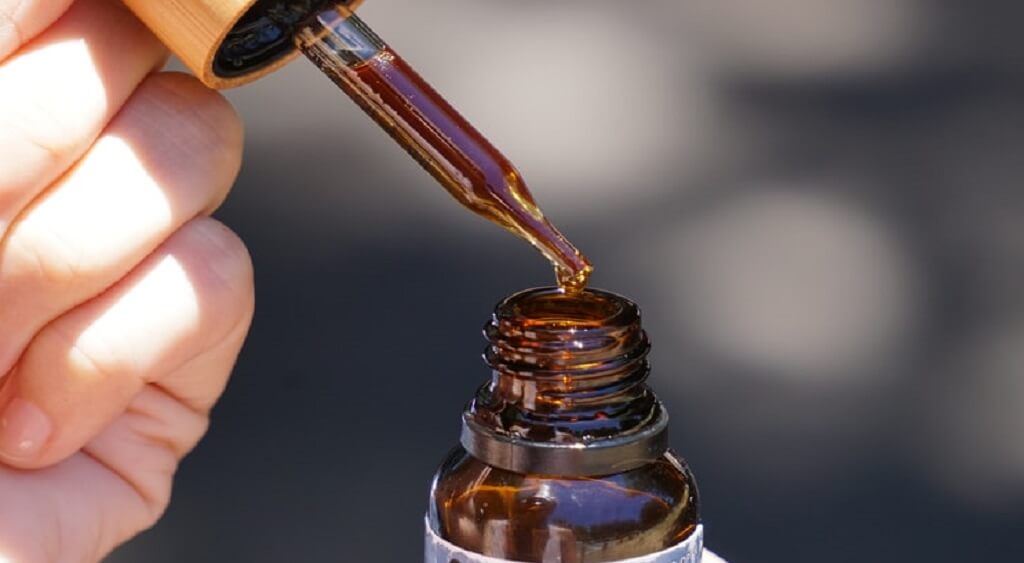Whether for physical health or mental health, there is no shortage of conditions for which people use cannabis. But what about using CBD oil for bipolar disorder? Here we dive into the science behind the matter.
What is Bipolar Disorder?
Bipolar disorder is a mental health condition that involves cycles of depression followed by mania and heightened mood. Bipolar disorder can provoke shifts in mood and emotional well-being over the course of days and weeks, the effects of which can be very disruptive to those affected.
There are many kinds of bipolar disorder. They include unipolar disorder, bipolar 1 and 2, and cyclothymia. There is currently no simple way to cure the condition, and conventional treatments include lithium salts, antipsychotics, antidepressants, anticonvulsants, and benzodiazepines.
Many patients battle challenging side effects while treating the disorder, and in more recent times many people have turned to cannabis as a potential treatment to alleviate the condition.
The Case for Cannabis in Treating Bipolar Disorder
Cannabis has a unique ability to lift mood and bring patients out of a depressive episode. It often induces a euphoric sensation that’s particularly attractive to many of those in the depths of a depressive episode.
On the opposite end of the spectrum, cannabis can also induce a sedative effect. This is of particular interest to patients who commonly experience a mania that becomes too intense.
With a two-pronged approach to alleviating the symptoms of bipolar disorder, cannabis is a common ally to many. But what does science say on the matter?
Cannabis and Bipolar Disorder: The Science
The scientific community is somewhat divided around how effective medicinal cannabis is in treating bipolar disorder. Let’s take a look at both sides of the argument.
The Pros: Low Mental Impairment and Improved Mood
One study found that bipolar patients using cannabis are less inclined to feel mentally impaired than those who don’t. Researchers found no evidence of any adverse effects on thinking and memory but reported that many patients experienced much-improved moods.
Another study concluded that cannabis enabled patients to have a more positive outlook on life. But researchers commented that subjects were more likely to use cannabis when already experiencing an elevated mood than when their symptoms were more depressive.
The Cons: When Cannabis Worsens the Symptoms
Some researchers have found that medicinal marijuana can worsen symptoms. One review found that cannabis may increase manic symptoms and even trigger a manic episode in some cases. Another study found that cannabis can sometimes increase depressive symptoms in certain patients.
THC vs CBD Oil For Bipolar Disorder
Should you be using CBD or THC to treat bipolar disorder? Well, one study found that patients were more likely to experience an adverse mood after consuming strains high in THC. Those who consumed a high-CBD form of cannabis tended to incur more balancing effects, with one study showing that CBD helps alleviate symptoms by increasing levels of brain-derived neurotrophic factor.
In extreme cases, THC can provoke anxiety and paranoia. And it’s for this reason that CBD — with its lack of psychoactive symptoms — is often the preferred option due to its more sedating effects.
For the majority of patients who respond favourably to cannabis, it can elicit beneficial effects. If you’re unsure of how you’ll respond to THC, then know that the use of CBD oil for bipolar disorder is widespread, and its balancing effects are hugely effective for many patients.

